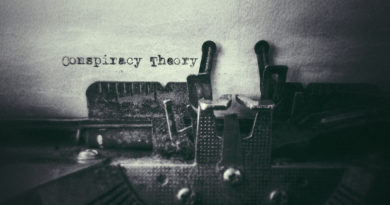Election Conspiracy Theories Have Become Central to the Republican Party

In his reporting, Charles interviewed a supporter of Doug Mastriano, the Republican nominee for governor in Pennsylvania, after a rally and asked her what she expected if Mastriano won. “I see him stepping in and going back to the Constitution — putting God back in things,” she said. “He’s about bringing everything back,” she explained. “Everything back.”
Still, this racial and cultural reactionary response is almost certainly not the full story. After all, the U.S. has experienced more intense periods of debate over racial and gender issues — like the 1960s — without giving rise to a large anti-democracy movement. Today, several other factors also seem to play a role.
Four more reasons
One is the underlying level of frustration among Americans after decades of slow-growing living standards for most people. A financial crisis, which began shortly before Obama’s election, and the slow recovery from it exacerbated the dissatisfaction.
Another factor, Charles believes, is a pandemic that has disrupted daily life and caused a further deterioration in many measures of physical and mental health, fostering a sense that society is coming apart.
A third factor is modern media. On the internet, falsehoods can spread more quickly and be repeated more frequently than, say, the Birchers’ claim that Dwight Eisenhower was a secret communist. Fox News, meanwhile, broadcasts conspiracies to millions of viewers.
Finally, while Trump’s role is sometimes exaggerated, it is still central. In the past, national leaders tended to reject the conspiracies; in 2008, John McCain famously corrected one of his own supporters who called Obama an Arab. Trump, by contrast, promoted lies as no other modern U.S. politician has, making them acceptable to people who otherwise might have rejected them. And once he became president, many other Republican politicians chose to echo him or at least refused to denounce him.

